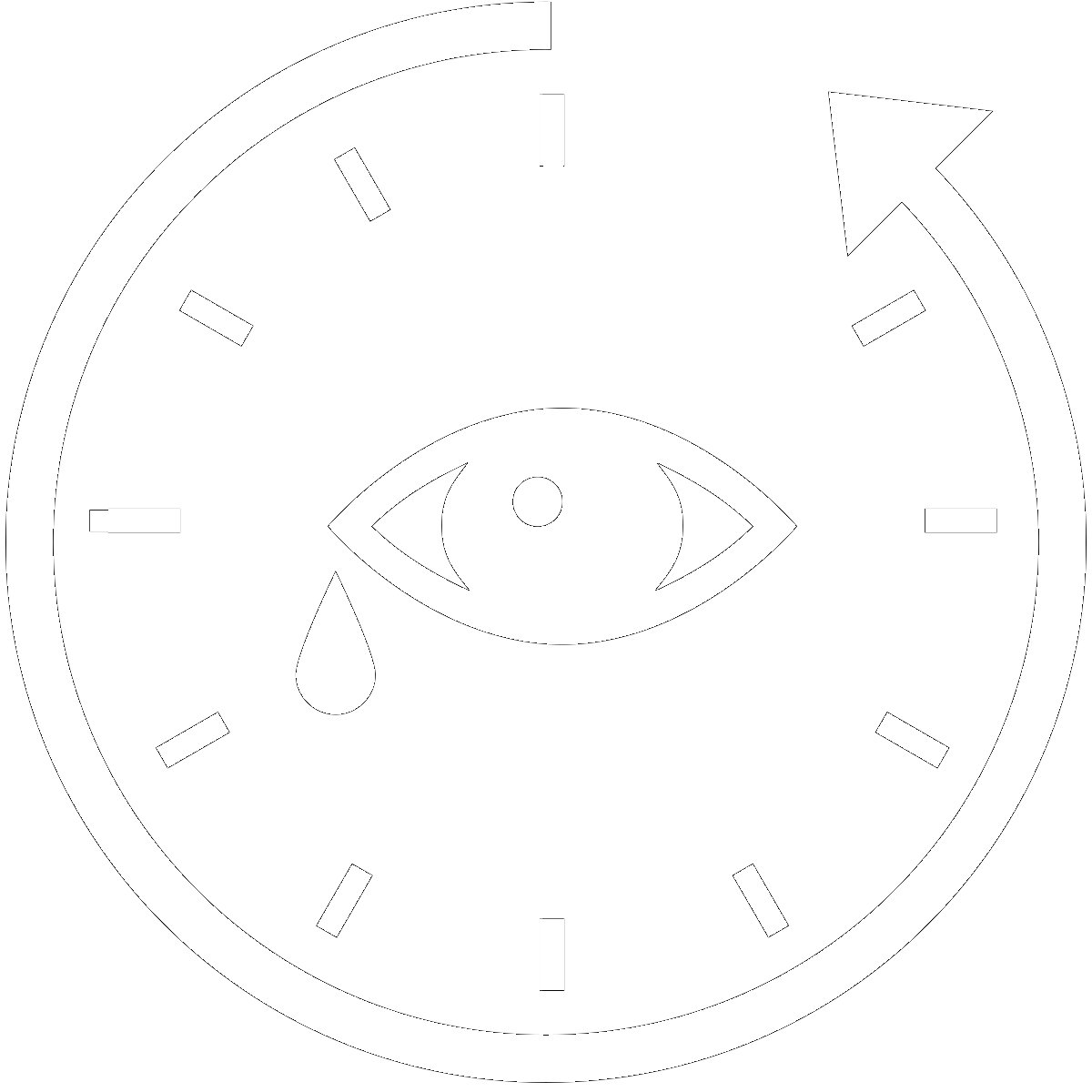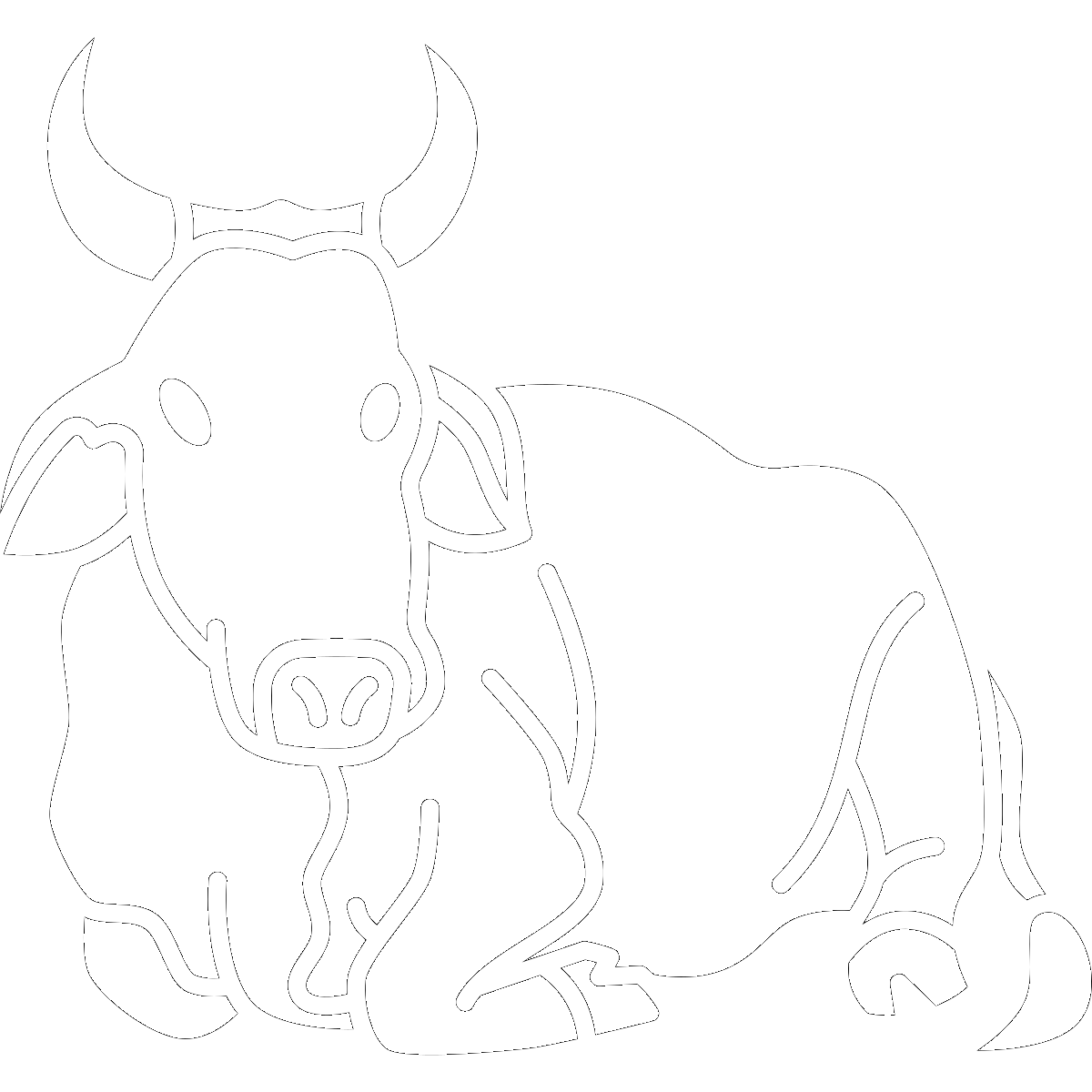The Full Text of “The Oxen”
1Christmas Eve, and twelve of the clock.
2“Now they are all on their knees,”
3An elder said as we sat in a flock
4By the embers in hearthside ease.
5We pictured the meek mild creatures where
6They dwelt in their strawy pen,
7Nor did it occur to one of us there
8To doubt they were kneeling then.
9So fair a fancy few would weave
10In these years! Yet, I feel,
11If someone said on Christmas Eve,
12“Come; see the oxen kneel,
13“In the lonely barton by yonder coomb
14Our childhood used to know,”
15I should go with him in the gloom,
16Hoping it might be so.
-
“The Oxen” Introduction
-
-
“The Oxen” Summary
-
-
“The Oxen” Themes
-

Faith, Innocence, and Disenchantment
- See where this theme is active in the poem.
-

Tradition, Change, and Nostalgia
- See where this theme is active in the poem.
-
-
Line-by-Line Explanation & Analysis of “The Oxen”
-
Lines 1-4
Christmas Eve, and twelve of the clock.
“Now they are all on their knees,”
An elder said as we sat in a flock
By the embers in hearthside ease. -
Lines 5-8
We pictured the meek mild creatures where
They dwelt in their strawy pen,
Nor did it occur to one of us there
To doubt they were kneeling then. -
Lines 9-10
So fair a fancy few would weave
In these years! -
Lines 10-16
Yet, I feel,
If someone said on Christmas Eve,
“Come; see the oxen kneel,
“In the lonely barton by yonder coomb
Our childhood used to know,”
I should go with him in the gloom,
Hoping it might be so.
-
-
“The Oxen” Symbols
-

The Kneeling Oxen
- See where this symbol appears in the poem.
-
-
“The Oxen” Poetic Devices & Figurative Language
-
Allusion
- See where this poetic device appears in the poem.
-
Alliteration
- See where this poetic device appears in the poem.
-
Metaphor
- See where this poetic device appears in the poem.
-
Colloquialism
- See where this poetic device appears in the poem.
-
-
“The Oxen” Vocabulary
Select any word below to get its definition in the context of the poem. The words are listed in the order in which they appear in the poem.
- Twelve of the clock
- Embers
- Hearthside ease
- Meek
- Their strawy pen
- So fair a fancy
- Barton
- Yonder coomb
- I should go with him
- Gloom
Twelve of the clock-
- See where this vocabulary word appears in the poem.
-
Form, Meter, & Rhyme Scheme of “The Oxen”
-
Form
-
Meter
-
Rhyme Scheme
-
-
“The Oxen” Speaker
-
-
“The Oxen” Setting
-
-
Literary and Historical Context of “The Oxen”
-
-
More “The Oxen” Resources
-
External Resources
-
The Poem Aloud — Listen to a reading of the poem.
-
A Short Biography — Learn more about Hardy via the Poetry Foundation.
-
Moments of Vision — Examine an early edition of the book—one of Hardy's latest—in which this poem was first collected.
-
The Thomas Hardy Society — Visit the website of the Thomas Hardy Society to find a wealth of information on Hardy's life, work, and legacy.
-
Hardy's Gloom — Take a look at an infographic that assesses (and pokes mild fun at) Hardy's famously bleak worldview.
-
-
LitCharts on Other Poems by Thomas Hardy
-










